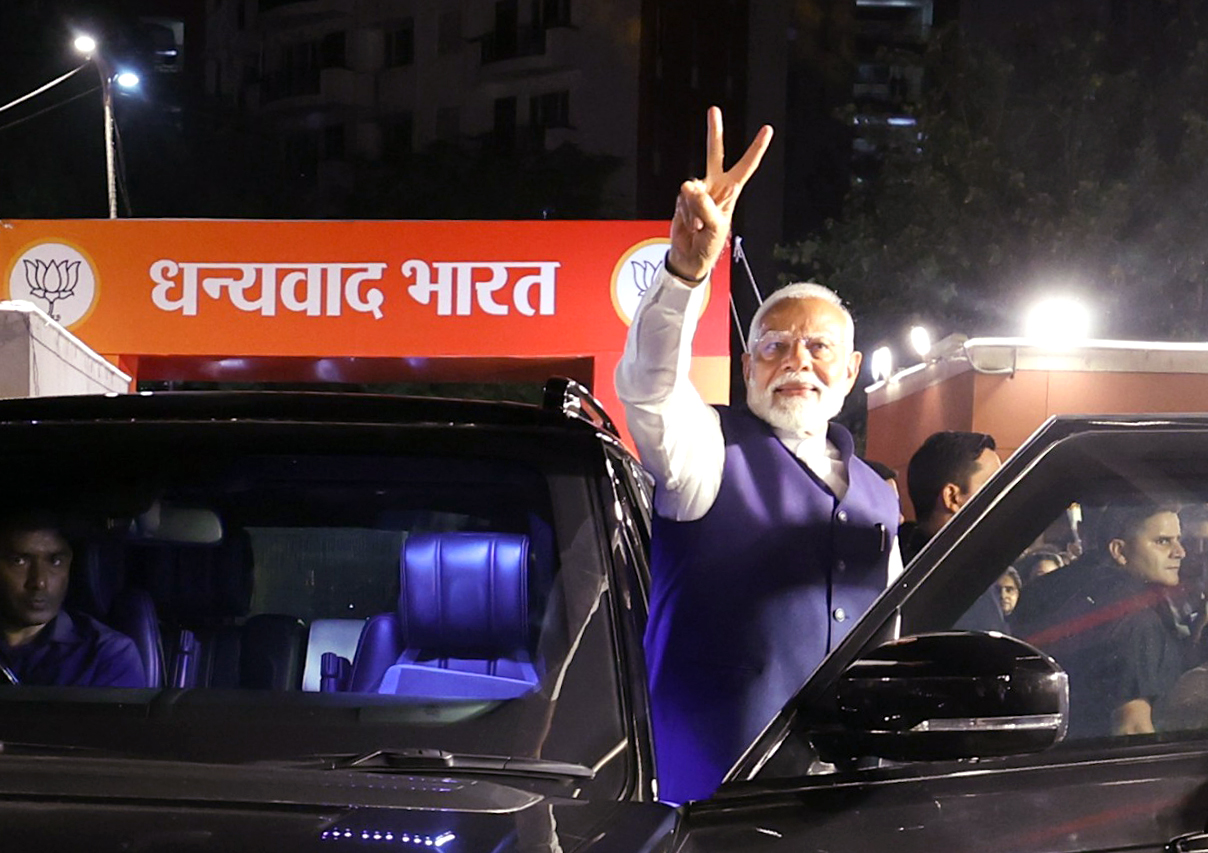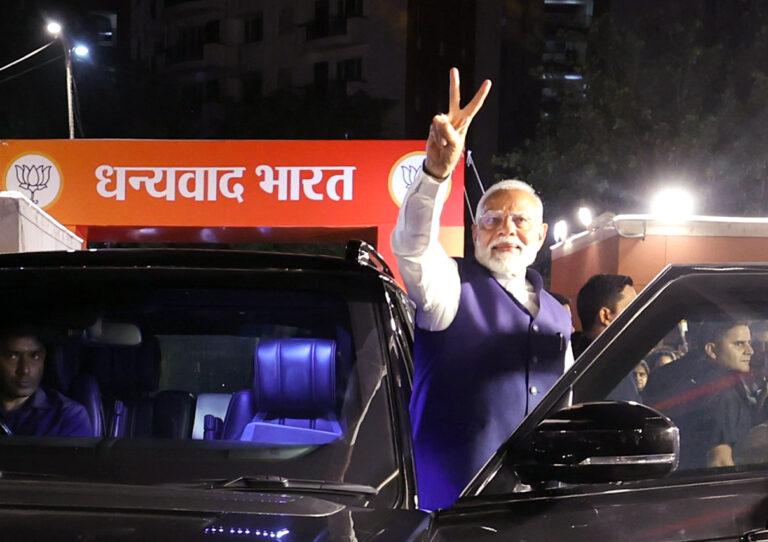
As Prime Minister Narendra Modi begins his third term, the world is watching to see what changes and continuities emerge. While Modi may appear constrained by domestic politics, that is unlikely to have a significant impact on India’s foreign relations. PM Modi has fundamentally transformed India’s foreign relations, a trajectory that will continue to unfold under his leadership over the next five years. This is a critical moment in the world order, and India’s central place in the new order is now secured. The Modi government’s continuity in power will provide India’s partners and adversaries with new opportunities to assess their relationships with India.
A changed landscape
For India’s partners, the continuity of the Modi administration ensures that the framework on which engagement with India has been built over the past decade will be maintained and become even stronger in the future. The Modi administration has succeeded in changing the nature of India’s partnerships by emphasizing partnerships as key to enhancing India’s strategic autonomy. Rather than viewing close alignment as a constraint, the focus is now on building robust partnerships with like-minded partners, expanding India’s strategic room for maneuver.
In the fluid world order, India has been successful in building partnerships with the West and maintaining its ties with Russia over the past decade, even as its confrontation with Russia has intensified. On the one hand, India’s role in the Quadrilateral Security Dialogue (Quad) involving the US, Japan and Australia has expanded. On the other hand, India has continued to shape the evolutionary trajectory of the BRICS platform by making it BRICS-plus. Despite the Chinese factor, India has been successful in increasing its presence in various multilateral and multilateral global platforms. The most prominent multilateral dialogue, the Quad, has risen in prominence precisely because of India’s serious engagement in the past few years.
READ | OPINION: Modi 3.0: Continuity at the top will empower Indian foreign policy
For India’s partners, the continuation of Modi’s administration will signify a continuation of New Delhi’s priorities in terms of crafting global governance outcomes and working closely with partners to advance India’s interests. Inviting neighbouring countries to the swearing-in ceremony signifies a continued focus on India’s neighbourhood, a signal that New Delhi is not willing to cede strategic space in the region. The presence of Maldives President Mohamed Muiz in New Delhi for the ceremony reflects Maldives’ desire to recalibrate ties with New Delhi once the domestic political situation calms down.
What a third term means for India’s neighbours
Among its neighbours, Pakistan will be watching Modi 3.0 with a degree of wariness. There has been subtle outreach from Islamabad in recent months, but results are unlikely to come soon. Modi will negotiate with Pakistan on his terms, at a time and place of New Delhi’s choosing. There is no rush to change India’s approach towards Pakistan, as New Delhi has been successful in marginalising Pakistan in the international arena as well as in Indian political discourse for the past decade. This has allowed India to shift its focus to its real strategic challenge: China.
READ | Opinion: India invites key regional partners for NDA swearing-in ceremony, focus on China
Beijing has already started a feud with Modi by protesting at the celebrations between Taiwan’s President Lai Ching-te and the Indian Prime Minister, claiming that New Delhi should resist Taiwan’s “political calculations.” And when China’s Foreign Ministry congratulated Modi on his election victory, it only reiterated that India would pursue normalization of relations with China on the basis of mutual respect, mutual benefit and mutual consideration.
A new government is taking shape in India. With a growing economy and vibrant democracy, a reinvigorated India under Modi 3.0 will play a key role on the global stage. India’s partners and adversaries alike should be mindful of the implications of a confident India straddling the world on its own terms.
[Harsh V. Pant is a Professor of International Relations at King’s College London. His most recent books include ‘India and the Gulf: Theoretical Perspectives and Policy Shifts’ (Cambridge University Press) and ‘Politics and Geopolitics: Decoding India’s Neighbourhood Challenge’ (Rupa)]
Disclaimer: These are the personal opinions of the author.

